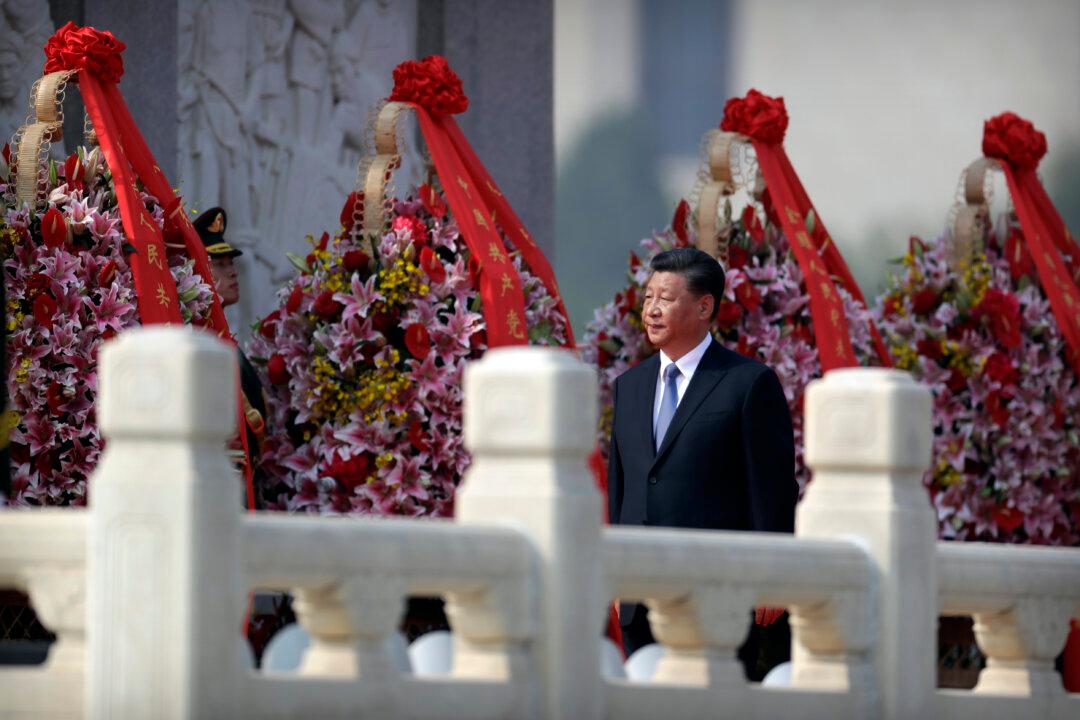Just before the Chinese communist regime celebrates the 70th anniversary of the founding of the Peoples Republic, Chinese leader Xi Jinping commemorated founder Mao Zedong in a high-profile manner.
On Sept. 30, Xi and other Chinese Communist Party (CCP) leaders went to Mao’s mausoleum in Beijing, “bowed three times to Mao’s statue, and paid tribute to Mao’s remains,” according to a one-sentence report by Chinese state-run media Xinhua.





